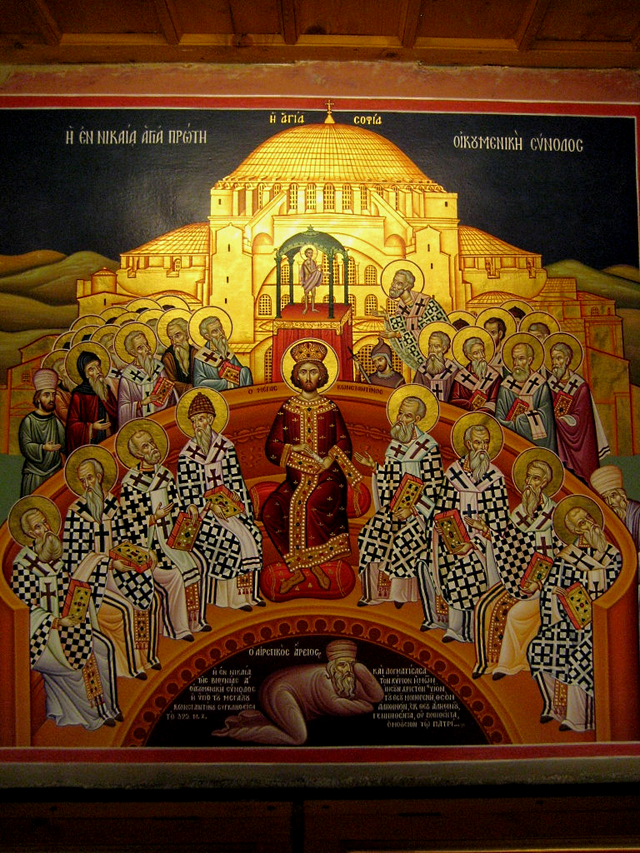In this article, I would like to point out 3 crucial problems that arise when one begins with “plain truths” about the book rather than the Christ, the Logos, the “structuring principle of reality.” (John 1:1–5)
The Greek word for “faith” in the New Testament is pistis, which occurs 243 times. As a noun, pistis is used as a technical term for “forensic evidence.” In other words, faith is not blind; we must investigate to establish the facts. I agree with retired Episcopal bishop, John Shelby Spong, who writes, “My problem has never been my faith. It has always been the literal way that human beings have chosen to articulate that faith.” To many Christians, faith means believing highly suspect claims, which is a problem for me. Thinking isn’t a sin. God created our minds and I’m certain that we were intended to use them.
One of the most serious theological conflicts in the history of Christianity occurred more than one thousand six hundred years ago. Known as
What Does Hebrew Scripture Say about Life After Death? There isn’t much in Hebrew scriptures about life after death. According to Ecclesiastes, death
When it comes to the existence of the devil, people normally have one of two reactions: they dismiss the devil and scoff at the idea that there is such an entity, or they exalt the devil, and attribute far more to him (or it) than is deserved. In a recent Gallup poll, 70% of Americans believe in the devil. Half of those surveyed believe that he (this evil force is most often referred to in masculine terms) is a personal force, while the other half believes he is an impersonal force. Let us see what the Bible says about Satan, the devil and the evil one.
We need to subject the resurrection stories of the New Testament to the same critical analysis as we did the crucifixion. So let us examine Paul’s writings and the gospels in an attempt to discover what the event we call Easter really was.
One of the most reliable facts concerning Jesus is that he was crucified during the reign and by the action of the Roman procurator, Pontius Pilate, who served by appointment of the Caesar from 26-36 CE. The Roman senator and historian Tacitus referred to Jesus’ execution by Pilate in his Annals, which was written circa 116 CE. Beyond that, however, there is not much historical evidence.
In the Hellenistic world, writings were read aloud, heard and remembered. But modern exegesis assumes a silent text. The disjuncture between ancient...
















